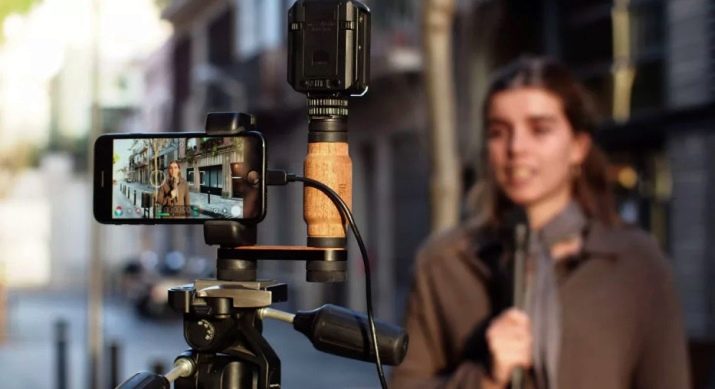All about photographers
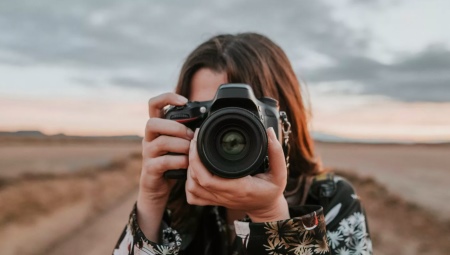
An ideal job is when you do something for money that you would gladly do even for free. Despite the fact that now literally every first person can formally photograph, and most smartphones have good cameras, the profession of a photographer has not disappeared anywhere, and there is reason to think that it will still remain relevant in the coming decades.
History of the profession
At the time of the invention of the first prototypes of cameras almost two centuries ago, obtaining even a relatively high-quality image required those dances with a tambourine: it was necessary to understand the principles of operation of the most complex equipment, devoid of any automation, to know chemistry, and so on. A beginner would not have been able to intuitively understand the unit, which was considered a camera in those days, and at first such a technique could not really be taken out of the studio, so the first photographers largely earned money with portraits.
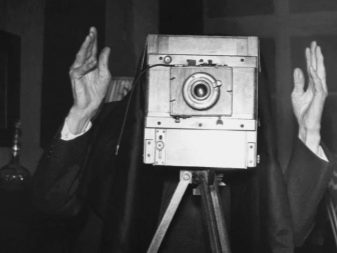
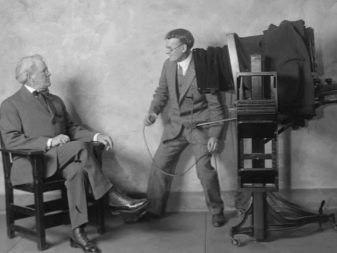
Over time, cameras have become more compact and have gained immense popularity in the journalistic environment, allowing them to show the world to readers. Having appeared about a hundred years ago, portable cameras almost immediately began to be divided into professional and amateur ones, for home use, and although the latter did not become popular and in demand right away, today we have to note serious competition from professional photography from amateur photography.
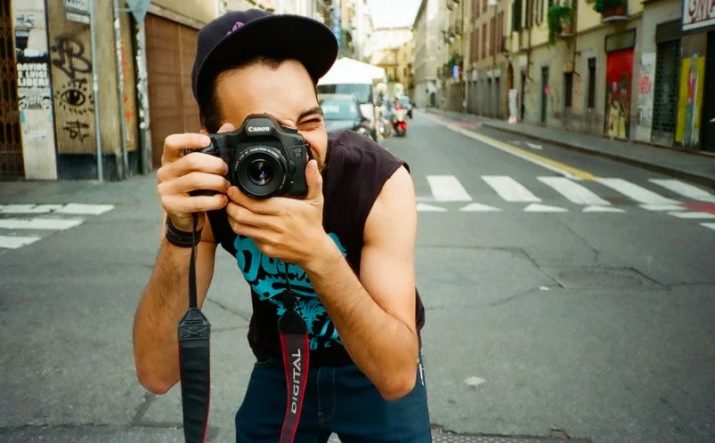
Advantages and disadvantages
If you dream of not just taking pictures, but making money from this, you should soberly assess all the opportunities and risks. Those who want to become a photographer usually see the following benefits of the profession for themselves:
- being a photographer is “cool” and profitable - at least a well-promoted specialist with an established customer base is comparable to a well-known artist both in terms of income and popularity in certain circles;
- the work of a photographer is not driven into a rigid time frame - in most cases, you are your own boss and you can draw up a work schedule as you please;
- The multidisciplinary photographer does a lot of different photography-related work, so he is not experiencing a creative crisis and can search for employers among the many options available.
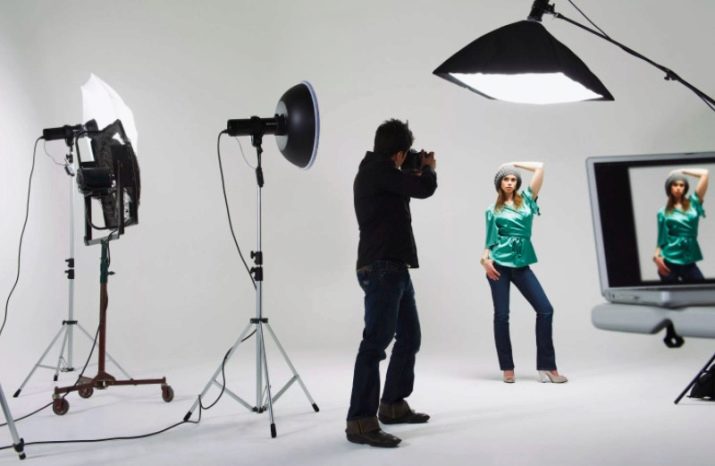
However, anyone who assumes that in a world where every ordinary consumer has his own camera, it is not so easy to make money by photography is also right. Of the potential disadvantages of the profession, we highlight the following:
- Many, many people are trying to make money with photography - there are much more services on the market than there is demand for them, so only the best will break through;
- to take pictures, you must first invest in expensive and high-quality equipment, and whether it will pay for itself is a question;
- some areas of photography require a certain perseverance from the master - when photographing people (especially children) or animals, you will have to take several hundred frames within the framework of one photo session in order to produce a dozen successful ones;
- every photographer is a kind of stylist: you need to have a fine instinct to help the client in choosing clothes and angles for a photo shoot, because he may not be able to pose at all, completely relying on the skills of a professional;
- working with people is always not easy - the photographer takes pictures based on his own sense of beauty, but the client may not share his vision and subjectively criticize the work, even if it is objectively flawless.
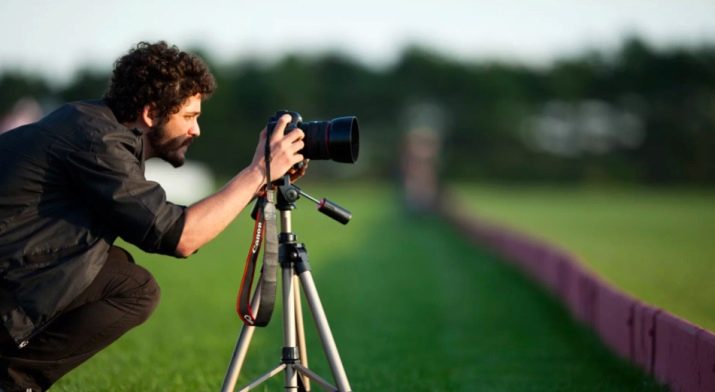
Description of types and responsibilities
Although a photographer is one common profession, in fact, several directions stand out in her body, suggesting that a particular specialist performs mainly photo sessions of a certain type. When choosing a creative direction, not only one's own desire plays a role, but also the availability of suitable equipment. Most experienced photographers try not to limit themselves to one specific area, writing several types of photo shoots on their resume.
Studio
The work of such a specialist is perhaps the simplest - he works in a specially equipped studio, where it is possible to preset the light and provide adequate lighting. People come to such a specialist to order a photo session of themselves, including in a certain image. A good photo studio often offers visitors a wardrobe and other props to choose from, as well as the services of a makeup artist-photographer to get used to an interesting role.
In such an institution they are probably looking for a photographer-designer who can edit the frame or completely replace the background.
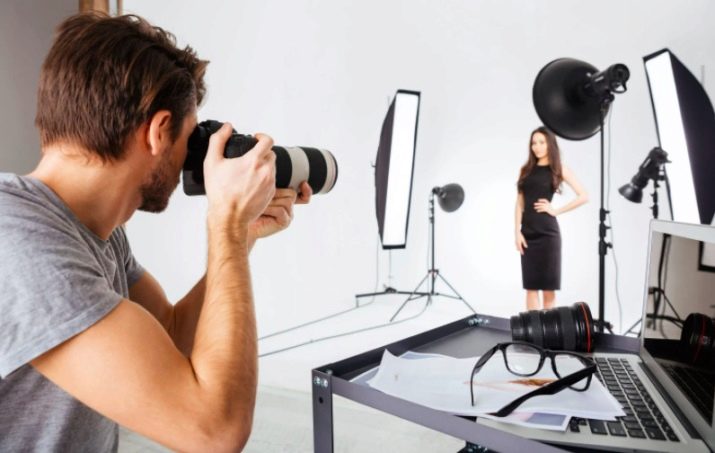
Reportage
The complete opposite of studio photographers is their reportage cousins, who have absolutely no schedule and a stable studio, but there is a "pipe that calls" - and it is never known in advance when and where. For example, war correspondents work according to this principle - they work in the field, quickly going to where interesting events take place. Photographers-journalists work in a similar way, traveling to the scene of accidents, protest actions and so on. Such trips can be associated with health risks.
However, sometimes reportage photographers can have a clear plan of action, as, for example, with sports correspondents, because the schedule of matches is always known in advance. A reportage can also be an architectural overview of a city or a separate landmark, if for any reason they are relevant right now.
In any case, the reporter is obliged to release the material quickly, before it is out of date.
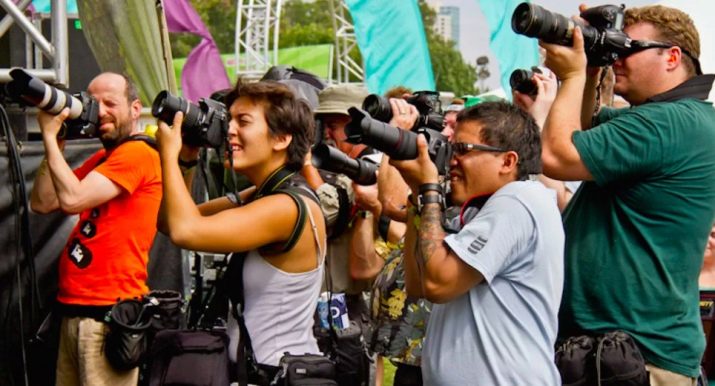
Wedding
In fact, a wedding photo session is also a kind of reportage, only fictional, and not documentary, as in sports or war. His heroes pose for a wedding photographer, so he must be ready to command them, managing clients in order to get the best quality shot. Consequently, a wedding photographer needs multiple options for wedding scenarios, as well as the ability to play every moment creatively.
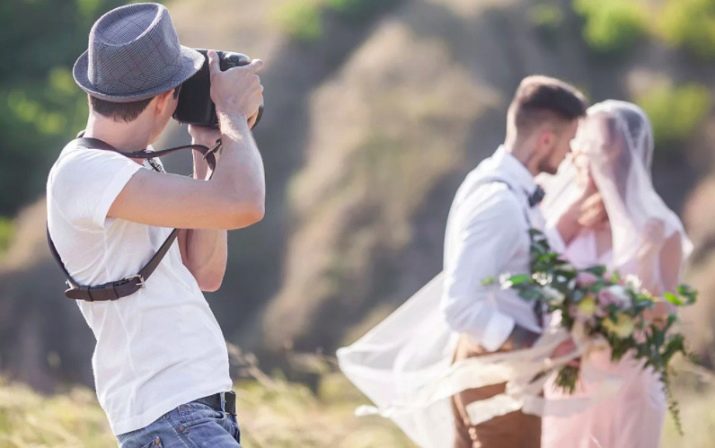
Animalists
Photographing cats and other animals is a separate profession, assuming that the character will not listen or pose at all. The studio variety of such a photographer assumes the ability to interest a pet animal so that it moves less, providing high-quality photos. There are also field animalists - those who are engaged in photographing nature and its inhabitants directly at large. In both cases, one must be prepared for the fact that the percentage of successful shots from the total number of shots taken will be very low.
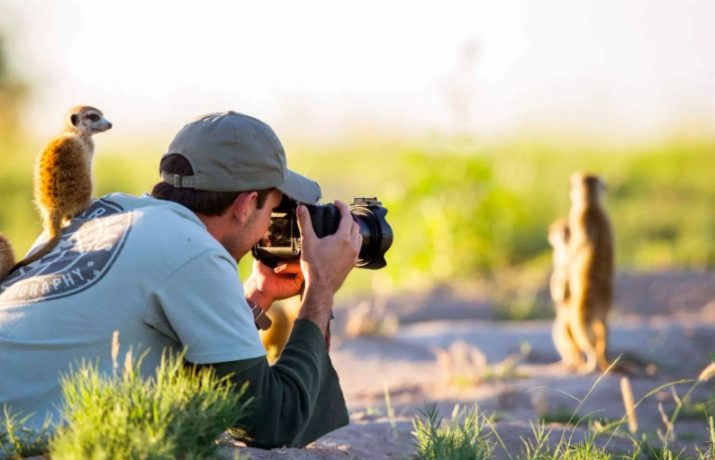
Art photographers
It is a special talent to show off everyday objects beautifully so that they become a work of art. Art photographers are the heirs of artists who painted still lifes - possession of the secrets of subject photography allows ordinary fruits to be shown in such a way that they seem as aesthetically pleasing as possible. An interior photographer focuses on showing the beauty of the interior decoration of the building, conveying the cosiness and aestheticism of the room. Architecture photography can also be classified as art photography if the specialist has managed to find a beautiful perspective.
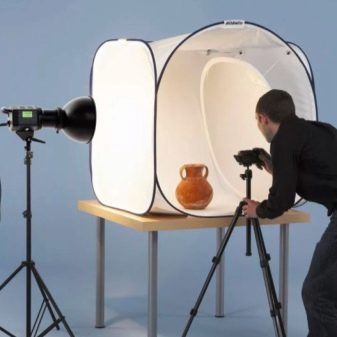

General requirements
A photographer is a much more complex and multifaceted profession than it might seem at first glance, which is why not every person can become a good specialist. Striving for success in this area, you must meet a number of mandatory criteria.
Personal qualities
These include:
- good fantasy, allowing you to find an interesting plot or come up with it out of nothing;
- aesthetic taste that helps to turn the ordinary into special;
- creative inclinations, giving a chance to uncommonly reveal the obvious and familiar;
- a sense of composition - a subtle understanding of how to correctly combine the background, objects, details in the frame;
- patience to achieve a result that does not come the first time;
- ability and willingness to work with people.

Skills and knowledge
The professional needs to know and understand the basic artistic principles, by analogy with those studied by artists. He is obliged to constantly improve his aesthetic taste, adopting experience at exhibitions, museums and cinema. It is necessary to be keenly interested in photography and lighting technology, to understand how it works, and how to choose the right individual units to achieve the desired result.
In most areas of photography, a very useful skill will be the ability to work with graphic editors to edit the original frame in order to improve it.
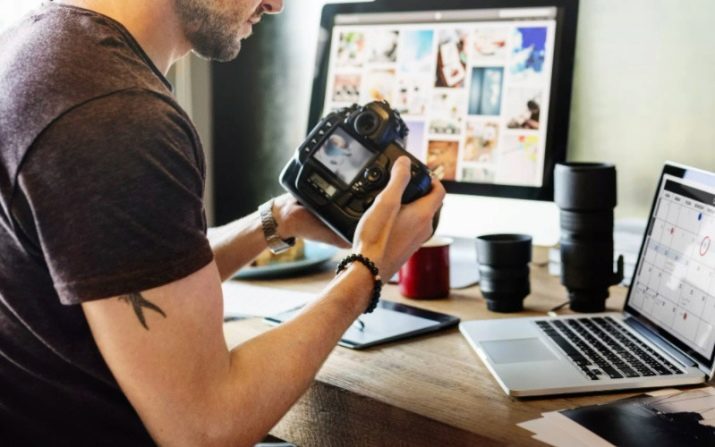
Responsibility and authority
The photographer is responsible for his creations both to the client and to the public or the people depicted. An unsuccessful photo shoot can become a reason for refusing further cooperation and quarreling with a client. A photograph depicting a depicted person in an unfavorable light, especially one that has become public domain, may lead to legal action. A reportage originally intended for the general public and containing certain content of a provocative nature can have the most ambitious and unexpected consequences.
The powers of a photographer related to journalistic activities are equated to those of journalists - such a specialist should not be hindered from covering what is happening if he presents it honestly and objectively.
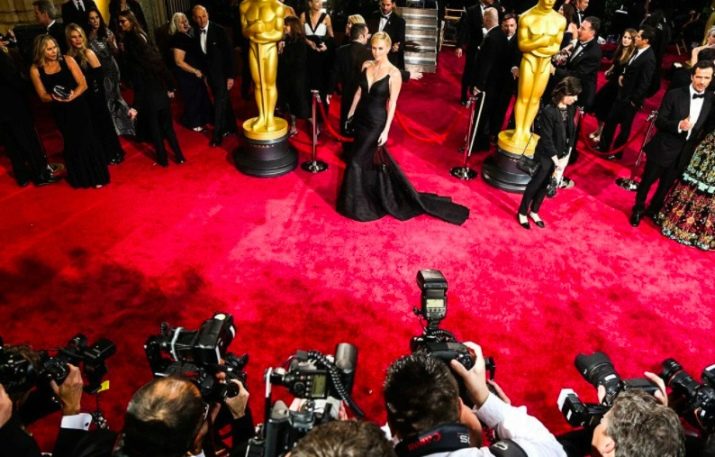
Education and career
Today you can even become a photographer on your own - you can glean valuable information from the Internet, learn from scratch on thematic forums, become famous and promoted through social networks. However, for many people it is easier to quickly get some squeeze of professional knowledge in a short time and in an orderly way, so they prefer to go to study.
Admission in this case is a very, very vague concept, therefore it is impossible to name exactly the items that need to be passed, nor even the admission date - after the 9th or 11th grade. The minimum and fastest preparation option is ordinary courses - everyone is recruited there, including complete "dummies", and no entrance exams are provided.
For many, this will come as a surprise, but in order to become a specialist of the highest class, one must graduate from a university, namely - to receive specialties "Fine and applied arts", "Journalism" and so on.
Areas of training directly related to professional photography are presented even in top Russian universities of the level of Moscow State University or RUDN University, but you can get related education in provincial higher educational institutions.
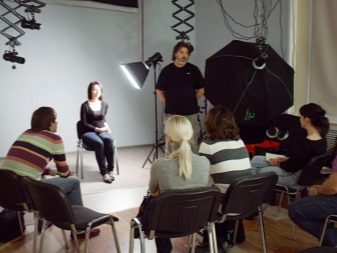
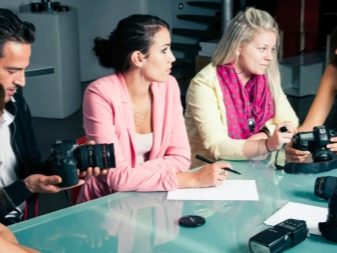
Place of work
A good photographer can get a job in many different enterprises, but today most of these professionals are freelancers, that is, they work for themselves. This is especially true for beginners who are engaged in semi-amateur photo sessions in nature or in briefly rented studios, as well as at outdoor events. Such an employee may not yet be hired for a permanent job, but he himself earns fame and fills a portfolio by photographing his own acquaintances and their acquaintances for a small remuneration.
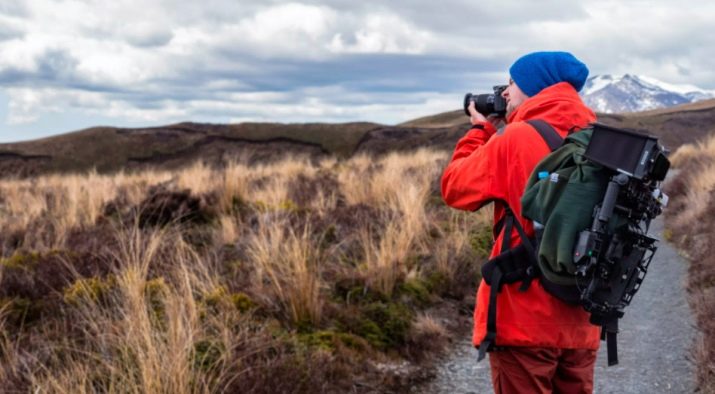
Having reached the next level, you can look for a full-fledged employer, paying attention to the following available options:
- photo studio and photo studios - you will photograph clients for ordinary private photo sessions, using the premises and equipment provided by the administration;
- modeling and advertising agencies - objects or models for photographing will be provided by the chief, while the premises may be the client's, and the equipment - personally yours;
- photo galleries, museums - here absolutely everything will be yours, including ideas for exhibitions and photo sessions, and only a platform for showing photos and advertising services that allow you to earn money are provided from the employer;
- publishing houses, mass media - they demand to combine their own imagination in the process of searching for interesting stories with adherence to the editorial policy, they do not provide either equipment or premises, focusing on reports.
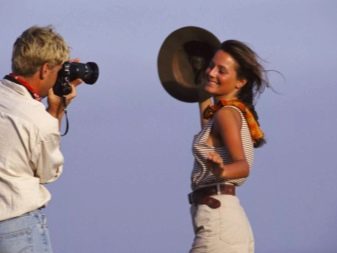
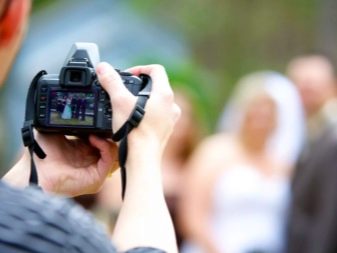
Salary and ways of earning
The work of a photographer by inertia (from the past decades) is considered very prestigious and profitable, but in fact, a lot depends on the degree of success that you personally have achieved in the course of your career. The very first advice to a beginner photographer is not to hang your ears and not hope that he will immediately be able to earn as much as top specialists get. Even in the professional sphere, the salary run is very large - for example, in the regions, a beginner full-time photographer is paid about $ 300 a month, but a good specialist in the capital on the days before the holidays can earn a couple of thousand dollars in one weekend.
You must understand that in this profession, we are usually not talking about a stable income - it all depends on how much you work and how well you do it. A freelancer, overwhelmed with orders, predictably earns more than a person who is asked for a photo session once a week, but a popular photographer also has blockages and periods of calm.
Again, it sometimes makes sense for a beginner to do photo shoots for very cheap or even completely free of charge in order to build a portfolio and attract more clients.

What other professions are associated with photography?
Being directly related to photography, the blogging profession in the broadest sense of the word is still considered separate from the photographer. She may not be familiar to the older generation, and many people still believe that bloggers cannot be considered representatives of a separate profession, although this is unfair, because this is what they earn for a living, and their lifestyle is similar to that of professional photographers and artists. , writers.
The profession of a journalist can also be related to photography. In the old days, a reporter traveled with his own photographer, but today it makes no sense - small publications will not pull teams of two employees, especially since a journalist can take photographs himself.
Such a reporter cannot call himself a photographer in the full sense of the word, however, it is difficult to deny that photographing is an integral part of his daily work.
